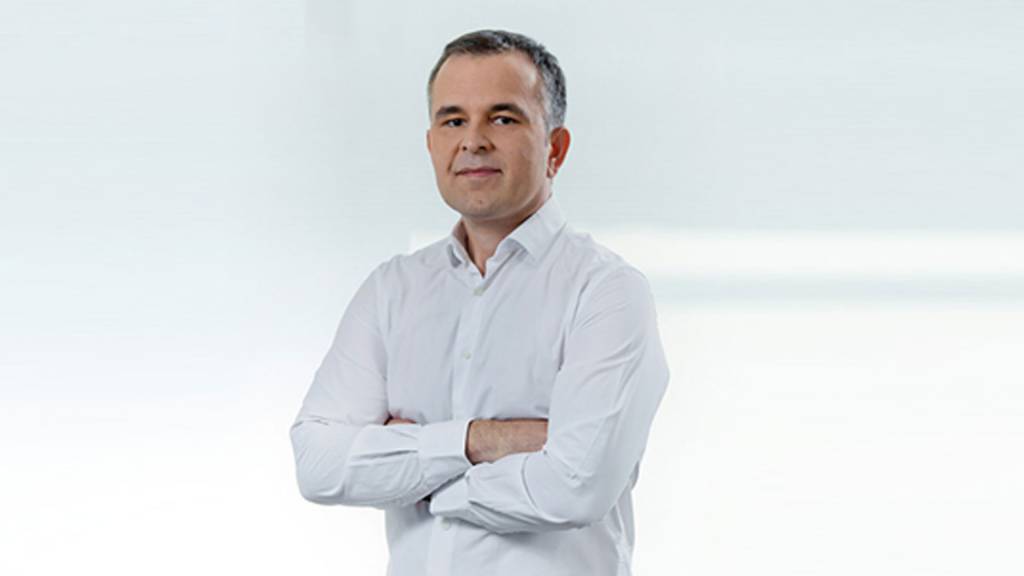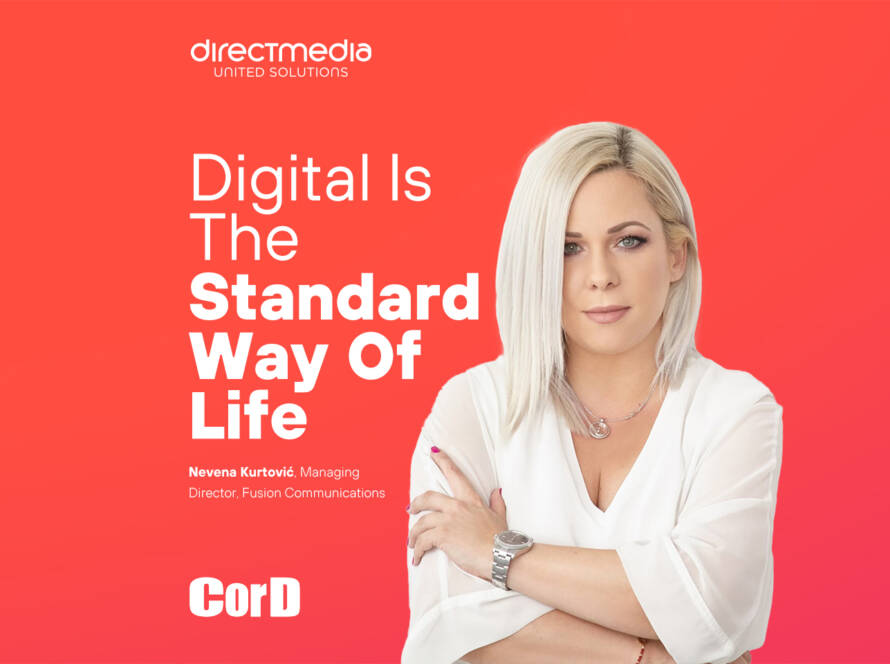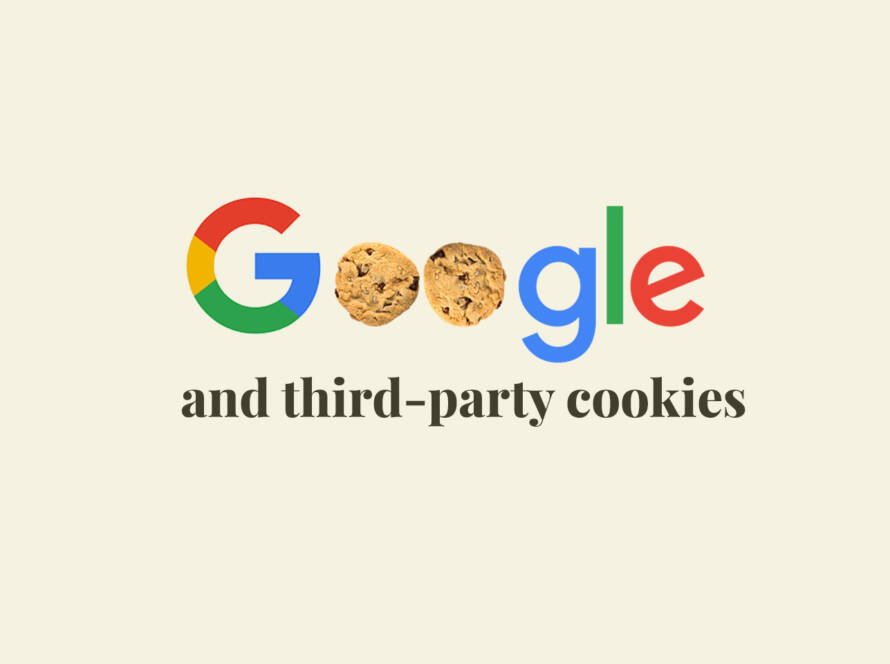The knowledge acquired today is quickly becoming obsolete so we must put in extra effort during working hours or, more probably, in our own time
Vladimir Aranđelović, Digital Director, DIRECT MEDIA United Solutions, has more than 20 years of experience in the advertising industry. He founded and led the digital sector of Direct Media many years ago when digital advertising was still in its infancy in Serbia and the region. He contributed to the development of programmatic advertising in the region as Head of Adriatic in the programmatic company ConnectAd Realtime, and at the same time spent two terms as the President of IAB Serbia. He was also the director of Digital Institute Serbia, as well as one of its lecturers. He is a permanent lecturer at the IAA Academy of the Serbian Professional Association.
He again holds a high position in Direct Media, as a member of the Board of Directors and Digital Director. He currently leads the largest team in Direct Media, which works on digital strategies and campaigns for clients, and at the same time develops the technologically very advanced digital infrastructure of Direct and United Group.
He is a permanent lecturer at conferences and trainings. Media Marketing talked to Vladimir as part of a series of interviews marking the 20th anniversary of Direct Media.
Media Marketing: You founded and led the digital sector of Direct Media many years ago, when digital advertising was in its infancy in Serbia and the region. Can you recall the period? What was it like to prepare the ground and overcome all the doubts and misunderstandings hanging over digital at its beginnings?
Vladimir Aranđelović: Marketing has always been about consuming content and getting the attention of users. The technological revolution has tremendously changed both habits. For two decades already, the consumption of content has been going through a process of continuous fragmentation, while the attention has been irreversibly deteriorating in both qualitative and quantitative terms (attention span).
Technology advances exponentially and it has always been difficult to track (let alone explain) changes in user behavior, especially 15 years ago when the entire industry firmly stood on traditional foundations and models that had not been changed decades before. Users began and continued to consume content on an increasing number of devices and media, so the application of technology in advertising was the only response to the changes that have become constant. Today, there are at least 20 billion devices connected to the Internet in the world.
Each technological revolution led to the disruption of almost all industries, and the last one which is still going on is no different. Preparing the ground, breaking the ice, moving the mountains – whatever term we use, it is quite clear that this is a challenging task. What is different from the period 10 or 15 years ago is that today a much larger number of companies essentially, and not just declaratively, understand that they have to go through a digital transformation, which is just the beginning. The second step is to work on the process itself, which is, in simple terms, painful for both the organization and the individuals. When we reach that phase, through joint effort we move the mountains, much faster and easier, and this is happening today. Of course, exponential changes imply that there will always be a lot of explanations in the job description, doubts and technical problems. This is a new norm, due to the pace of technology development and the growth of data (90% of all data in the world has been generated in the last two years).
Media Marketing: You have contributed to the development of programmatic advertising in various ways, which is why you spent some time outside of Direct only to return to where you started. Why did you leave and why did you return?
Vladimir Aranđelović: The region of Central and Eastern Europe lags behind the United States by about ten years in the use of marketing technology (martech), and by about five years behind Western Europe. This gap was the main reason why I dived into ad tech/martech waters where I could have hands-on access to tools and platforms used in leading markets. As in any business, the usable whole consists of theoretical knowledge and, in this case, perhaps for the most part, experience.
The reason for the return is the practical application of everything I have learned in the meantime, in a company that I consider my other family. Direct Media was the most important step in my career and that is where I grew up professionally. The return has always been an open option for both sides, even a certain one, but it was necessary for the market itself to reach the level of development, understanding and demand for more advanced models of advertising on digital channels. This moment was influenced by a strong stimulus of demand in the area I work in, which is a direct consequence of the pandemic.
Media Marketing: What are you currently focused on in your business?
Vladimir Aranđelović: Primarily, on the automation of advertising and use, explained in our terms, on the activation of data, which is currently the greatest need of all market participants. Secondarily, on changing the way of thinking and planning campaigns and moving to the so-called customer or buying journey planning approach.
Media Marketing: Adex 2021 shows an increase in digital advertising in Serbia, although this growth is somewhat slower than in recent years. Why?Vladimir Aranđelović: It was only due to the impact of the pandemic on media budgets. The post-pandemic trend, from the moment the vaccine became available to us, is such that in 2021 everything that was missed in 2020 was exceeded. It is likely that changes in habits in the purchase of products and services, as well as the consumption of media, are permanent and represent a quantum leap in the development of the industry. In addition to the sudden jump, it is certain that the pace of transition from traditional to digital channels has been further accelerated over a longer period.

Media Marketing: What do agencies and clients in Serbia and the region use most often in digital advertising, what do they prefer and with which arguments do they support their choice?
Vladimir Aranđelović: Primarily a global duopoly in the advertising industry – Google and Facebook. Their arguments are more efficient campaigns, lower prices, the possibility of targeted advertising and partial automation of marketing. And all the arguments are justified, especially if the end goal is quantified by a direct, fast and measurable impact on sales.
Only after that do direct leases come from local media, which, unfortunately, remained on a rudimentary basis and an extremely manual realization process. Fortunately, one of the changes that the pandemic quantum leap has brought to this market is the knowledge that local media can respond with the same arguments, and even more. The process can be automated, the inventory is of better quality, as well as data that can now be under full control and in the exclusive ownership of the media or advertisers. I have already mentioned the reasons for my return to the local market, and one of the key ones is understanding and accepting the data economy, the fact that Google and Facebook depend almost entirely on advertising revenue (about 85% and 95% respectively) and that a significant part of that has been quantified through (right, monetary) value of data.
Media Marketing: You lead the largest team in Direct Media whose task is to develop the digital infrastructure of the system, to enable it to take a leading position in Serbia and the region. Which projects are you currently working on?
Vladimir Aranđelović: The ongoing projects, when it comes to digital infrastructure, always remain a professional secret until they are launched. What is already ready and active is the possibility of automated lease of local media directly and without a long chain of intermediaries on the basis of data that are collected locally and are, as a rule, of better quality than the so-called third party data. Having implemented several platforms for campaign management (DSP – Demand Side Platform) and data (DMP – Data Management Platform) and having trained specialists who manage them, we can proudly say that within the organization we now have a real Agency Trading Desk – a branch adequately specialized and equipped for programmatic advertising.
Media Marketing: Coronavirus has accelerated the development of digital. It is said that several years have been compressed in the process. Do you agree with that and if so, have all the actors in the digital market been ready to welcome the chance given to them?
Vladimir Aranđelović: I completely agree – in our region, the compression will make up for several years behind. Although narrow scientific circles predicted that such a pandemic would happen someday, no one could know the exact moment. As a result, we were more or less ready for the change, but mostly unprepared. In the current period Direct Media is readily accepting and dealing with requests that differ significantly from the pre-pandemic ones.
A huge, visible impact on the media market was brought about by users migrating to digital content distribution channels, but also by changes in shopping habits and the growth of e-commerce – the main driver of digital marketing in all major markets.
Media Marketing: Knowing our DIRECTion: What is the future of digital advertising? Can you predict what will happen in the next two or three years, at least?
Vladimir Aranđelović: We are still lagging behind larger markets, so it is easier to predict the way it will develop in the region. A greater part of marketing will be fully automated through technological systems such as CRM platforms integrated into the global advertising ecosystem. These systems are widely used by international advertisers, and I know of several examples of local and regional companies that are in the process of switching to the aforementioned model.
Media Marketing: And how do you see your business in a couple of years? Can business processes be digitalized, or are the changes constant? Just when you think you’ve consolidated your position, new possibilities emerge.
Vladimir Aranđelović: Changes will be permanent as long as technology develops. But the processes can be completed through the complete automation of marketing, sales and customer support that I mentioned in the answer to the previous question. CRM systems like Salesforce are new drivers of change in the advertising industry. It is up to us to define and constantly optimize the strategy, frameworks, triggers and rules by which the automated system operates.
Media Marketing: In the end, what would you say to people working in or planning to start a career in digital?Vladimir Aranđelović: First of all, think carefully about whether you are ready to take part in a constant race with technological development as you will need to engage in a learning process that is not conventional. Your knowledge quickly becomes obsolete, so you must put in extra effort during working hours or, more probably, in your own time.

